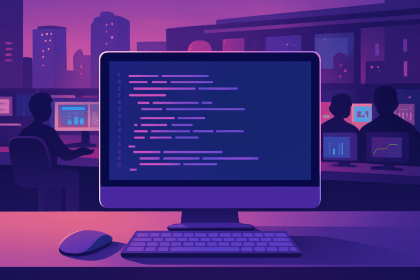
Not sure if low-code is right for your next project? This guide breaks down when to use it, when to avoid it, and how to make the right call.

Compare Firebase Studio, Lovable, and Replit for AI-powered app building. Find the best tool for your project needs.

Discover how to use Gemini CLI, Google’s new open-source AI agent that brings Gemini directly to your terminal.

This article explores several proven patterns for writing safer, cleaner, and more readable code in React and TypeScript.
2 Replies to "How to protect your Node.js applications from malicious dependencies"
This method is good for standard methods, but do you know what is a good way to block calls at the system level? When calls reach the v8 engine or uv, it should be able to implement a gating mechanism where the user can be asked consent.
This model is similar to android apps where we are told the permissions that the app requires in advance, and any additional access is denied till the user explicitly approves it.
I actually created a library that does something very similar to this, but uses a more sensible approach for permissions. It also differentiates between 1st/3rd party code so that your main application doesn’t have to jump through hoops https://github.com/yaakov123/hagana